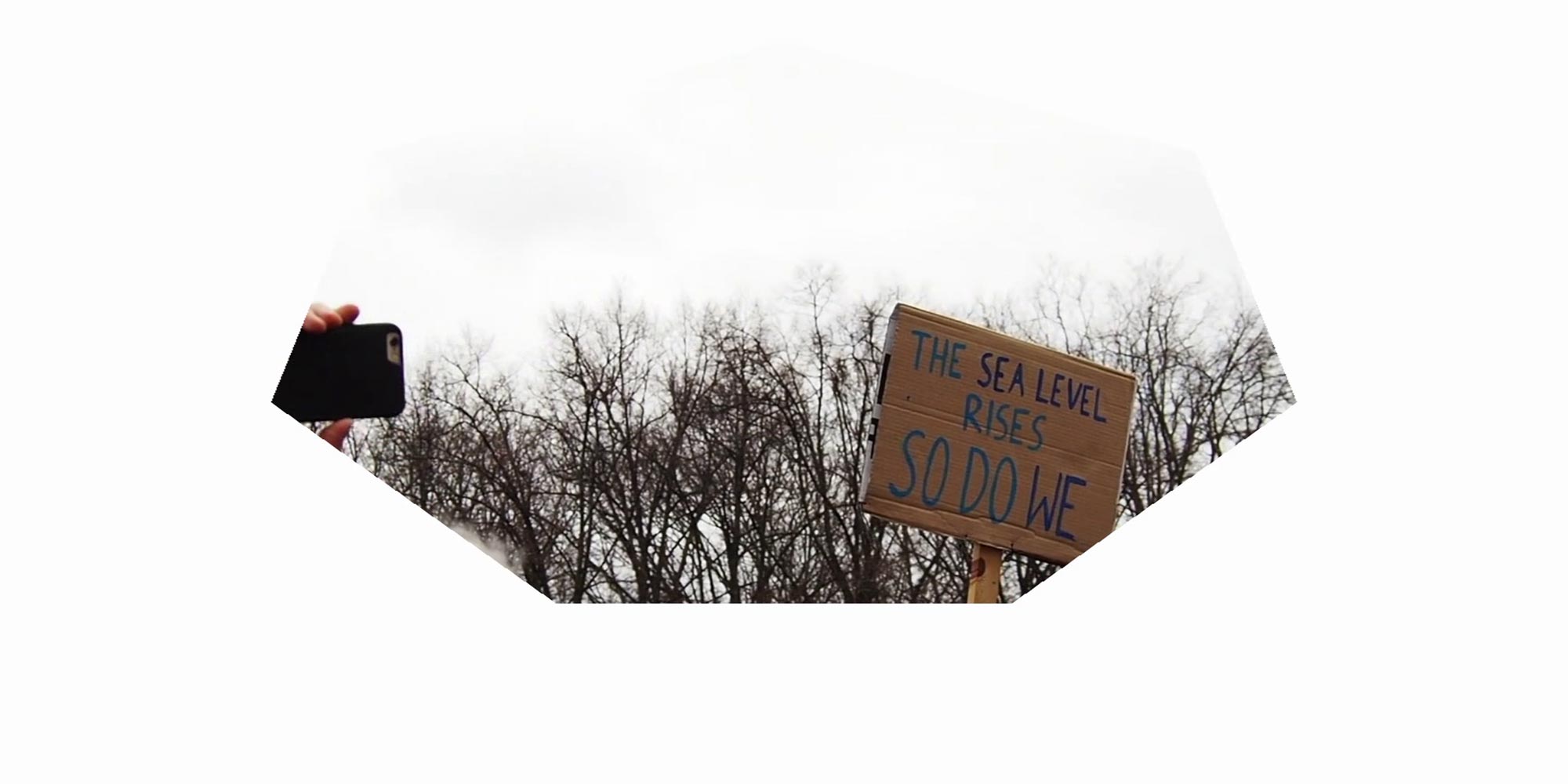„Lasst uns beenden, was wir begonnen haben.“ Auf diese Weise stellt die UNO ihr erstes Ziel für nachhaltige Entwicklung vor – das Ende der Armut in allen Formen und Dimensionen bis 2030. Die 17 Ziele der Nachhaltigen Entwicklung und ihre 169 Teilziele wurden als ein ausuferndes, missverständliches Durcheinander großer Absichten beschrieben. Allein der Titel der Entwicklungsagenda – „Unsere Welt umgestalten“ – verströmt utopische Ambitionen. Er wurde 2015 von 193 Nationen angenommen. Fünf Jahre später und mit zehn verbleibenden Jahren: Wie wird sich unsere Welt verändern?
Wird es in zehn Jahren keine Armut und keinen Hunger in der Welt mehr geben? Wird dieser Planet in zehn Jahren von Milliarden von gesunden und gebildeten Menschen bevölkert sein? Ist Komfort oder Autonomie wichtiger für das Wohlbefinden? Kann man bequem autonom sein?
Diese Fragen wurden WissenschaftlerInnen gestellt, die sich bei einem Open Call zur Zusammenarbeit mit KünstlerInnen im Rahmen der STUDITOPIA-Residency beworben haben. Über einen Zeitraum von fast zwei Jahren werden KünstlerInnen und WissenschaftlerInnen gemeinsam eine kreative Reise unternehmen, die sich mit diesen Fragen befasst und die nachhaltige Entwicklung in ganz Europa durch die konvergierenden Ansichten von Kunst und Wissenschaft erforscht.
Die KünstlerInnen und WissenschaftlerInnen werden ihre Zusammenarbeit beim Ars Electronica Festival mit einer Creative Question Challenge (CQC) beginnen. Das CQC ist ein neues Brainstorming-Format, bei dem Referierende in einem 30-minütigen Dialog kreative Fragen diskutieren und präsentieren.
Video
Projekt Credits
This project is presented in the framework of STUDIOTOPIA and co-funded by the Creative Europe Programme of the European Union.
Biographies
Kat Austen (UK/DE) is a person. In her artistic practice, she focusses on environmental issuxes. She melds disciplines and media, creating sculptural and new media installations, performances and participatory work. Austen’s practice is underpinned by extensive research and theory, and driven by a motivation to explore how to move towards a more socially and environmentally just future. Austen’s field research has included a voyage around the Canadian High Arctic as Artist in the Arctic 2017 for Friends of Scott Polar Research Institute (University of Cambridge) for her project The Matter of the Soul. In 2018 Austen was selected as inaugural Cultural Fellow in Art and Science at the Cultural Institute, University of Leeds for the same project. Austen has been awarded residencies internationally, including with NYU Shanghai, ArtOxygen Mumbai, LAStheatre, the Clipperton Project and Utter! Spoken word.
Andrew Newman (AU/AT) is a Producer for European Projects at Ars Electronica. Previously he was a co-founder of the Research Institute for Arts and Technology (RIAT) in Vienna where he worked as a researcher investigating artistic technology and crypto cultures. His background is in knowledge production in outsider epistemic cultures. He is a former editor of the journal Runway Australian Experimental Arts and a founding editor of the Journal for Research Cultures. Previous publications include “Future Cryptoeconomics” (2018), “Decolonising the Digital” (2018), “Making Artistic Technology” (2018), “Fake Organum: The Uneasy Institutionalisation of Art as Research” (2017), “Openism: Conversations on Open Hardware” (2017), “Cryptocurrencies as Distributed Community Experiments” (2014), and “Experimental Cultures and Epistemic Spaces in Artistic Research” (2013).
Laurence Gill (IE) is a Professor in Environmental Engineering in the School of Engineering, Trinity College Dublin. His research interests involve studying the fate and transport of both air and water-borne pollutants in the natural and built environment, the development of passive treatment processes, the ecohydrology of wetlands and the characterisation of karst hydrological catchments. Much of the work involves extensive field studies which are then used to develop mathematical models to gain further insight into the processes. He is one of 8 Principal Investigators who lead the country’s first Applied Geoscience research centre (iCRAG) and heads the Groundwater research spoke which focuses on karst hydrology.
In recent years he has worked with Irish NGOs on several water and sanitation projects for some of the most vulnerable people in the world in sub-Saharan countries such as Democratic Republic of Congo, Sudan, Niger, Ethiopia, Kenya and Tanzania. He has also been helping to run a summer school in Tanzania at the University of Dar Es Salaam where Tanzanian and Irish students work together to come up with innovative solutions to the local challenges of providing clean water and appropriate sanitation. Prior to joining at Trinity College in 1999, he spent several years working in the UK water industry on the design of water and wastewater treatment processes for urban populations.
Indrė Žliobaitė (FI) is a tenure track professor at the University of Helsinki, Finland. Her background is in machine learning with evolving data. In Helsinki she leads a research group called Data science and evolution, which focuses on computational analyses of the changing world. For the last six years Indrė has been actively involved in evolutionary palaeontology research studying the mammalian fossil record. By now Indrė is as a palaeontologist as she is a computer scientist.


